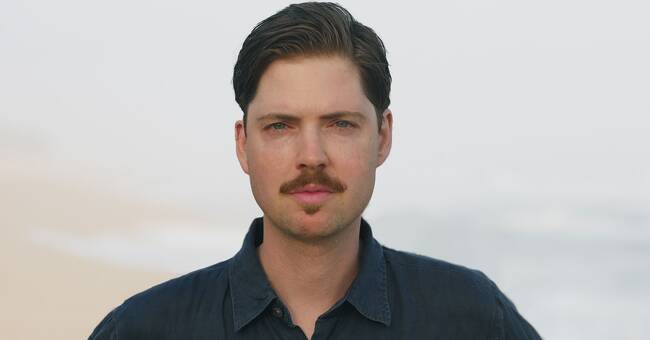For a long time, Ecuador was the "kind" country in South America - where European tourists went to study Spanish or ecotourism.
Although the country has also been known for its shaky political system, Ecuador has been liberated from the violent realities of other Latin American countries marked by powerful criminal organizations and brutal security forces.
However, crime in Ecuador has increased significantly in recent times.
The number of murders is twice as many this year compared to last year and robberies have increased by almost 30 percent.
And several bloody events have received a lot of attention.
In late September, police stormed a prison outside the port city of Guayaquil, killing more than 100 prisoners.
In total, about 230 people died during the year in the country's prisons.
And this weekend, a 13-year-old boy who ate ice cream was shot dead when he ended up in a crossfire between police and criminals.
The military is sent out into the streets
Att Ecuadors konservativa president Guillermo Lasso skulle presentera drastiska åtgärder för att få bukt med kriminaliteten var med andra ord inte helt oväntat. I ett direktsänt tal till nationen utfärdade presidenten 60 dagars undantagstillstånd. Polis och militär ska patrullera landets gator och säkerhetsstyrkorna får förstärkt juridiskt skydd mot anmälningar om övergrepp. Myndigheterna får även möjlighet att begränsa rörelse- och mötesfriheten.
The timing of Lasso's package of measures and the domestic political situation in the country raise suspicions that the President of Ecuador also has motives other than law enforcement.
The banker Lasso, who has only been in power for five months, has weak support in Congress.
And Lasso is one of the Latin American heads of state who has been rocked by the Pandora leak.
It has been revealed that the presidential family had large assets hidden in tax havens and Congress has appointed an inquiry.
Lasso called the Pandora Papers a conspiracy and just hours after the opposition went on a general strike in protest against the government, the president issued a state of emergency.
Risk of new spirals of violence
Många makthavare har försökt ta sig ur ett trängt läge genom att gå i strid mot en hotfull fiende. Det är svårt att inte tänka på en annan latinamerikansk statschef. Året var 2007 och Felipe Calderón hade nyss svurits in som Mexikos president. Men hans ställning var svag efter en infekterad valstrid och anklagelser om valfusk. För att visa handlingskraft och ena nationen förklarade Calderón krig mot knarkkartellerna och skickade ut militären på gatorna – trots att kriminaliteten i Mexiko just då låg på historiskt låga nivåer. Resultatet blev en våldsspiral med hundratusentals döda som vi ännu inte sett slutet på.
But Ecuador is not Mexico.
And in the case of Ecuador, there is, after all, a real increase in violence in society, which of course worries ordinary Ecuadorians.
But that heavily armed security forces trained for war should hunt down criminals in densely populated urban environments is a risky strategy that could easily lead to new spirals of violence.
Experiences from other Latin American countries such as Brazil and Mexico show the risk of a brutalization of the state apparatus where dirty methods such as extrajudicial executions become part of everyday life.

